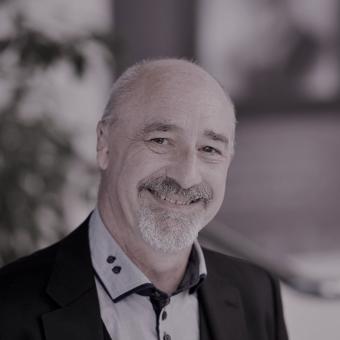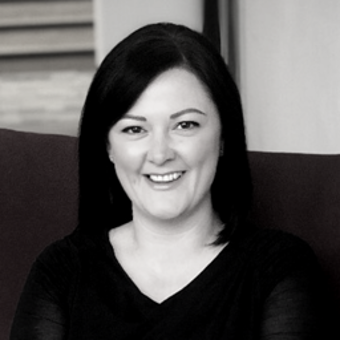Nicola Tobin - legal director at Marshall Commercial Development Projects Limited – on the challenges and benefits of working in-house
Nicola, can you tell readers of The Brief a bit about your background?
I read law at university but then took a couple of years out around student days: one before university (working in French speaking Europe) and one after law school (working and travelling in Asia and Australia). When I couldn’t postpone the world of work any longer, I came back. I completed my articles and qualified into a City firm (Stephenson Harwood), spending about 10 years in London before returning to the North West (with two very small children in tow). I then joined the partnership of a Manchester firm (Halliwells) for about five years, before moving on to my current role at CDP in 2005.
What does Marshall CDP do?
Marshall CDP is a property development and construction group. It also includes architects, project management and planning functions. The original construction company was set up by the great great grandfather of the current MD and there are some fabulous old prints in our main reception building of early projects. The group employs around 220 staff and develops throughout the UK, across all main sectors (hotels/leisure, offices, retail, and warehouses/industrial).
What areas does your role cover?
It can be exceptionally varied. The legal team at CDP covers everything from the buying in of new sites and site assembly, taking a site through the planning stage, pre-letting, forward selling and forward funding of new developments, and disposals of completed speculative developments. I also deal with the overall management and development of our in-house legal function.
What’s your average day like?
The alarm rings at 5.50am (I am not a morning person…). Some mornings I go for a run; others straight into the office or to wherever my first meeting is. As with I suspect most in-house counsel, there is no typical day. I may be at my desk pouring over the first draft of a development and funding agreement for much of the day, or in London in meetings or visiting a new site or development. We often celebrate completed deals and so that can be a fun end to a working day!
What are the biggest legal challenges you/ the organisation face?
Probably keeping abreast of the ever burgeoning wealth of case law and changes in legislation and legal practice. We are small in size but handle transactions of complexity and at a high level, which makes it a constant challenge to ensure that we are up to speed with all of the latest developments and structures. That said, it is also part of what makes the job hugely interesting and rewarding.
How is the legal team structured and do you also work closely with external firms?
We are a small but specialised team of three lawyers and two/three support staff. All core property and development work, and the majority of the construction work, is done in-house. We then outsource other (non-property) work and advice to private practice; primarily tax, banking, corporate and litigation.
What are your predictions for the commercial property development market over the next 12 months?
In relation to the north of England, which is where our main activity lies, city centres should continue to see significant activity. Retail outside major city centres will probably continue to struggle with the exception of value retailers. Out of town industrial and office occupiers are still thin on the ground, but it is likely that these markets in the north will, at some point, be supported to an extent by the strength of the investment market, which can still struggle to find value in the south east of England.
What’s been your biggest personal career highlight so far?
Getting one of the best suites in our newly developed Gotham Hotel, situated on King Street in Manchester, at its soft opening earlier this year!
What’s next for the business?
We will continue to expand into areas which have, traditionally, been non-core areas for the group, such as the higher end hotel sector and city centre development. This will, hopefully, be linked also with a return to some speculative development in the foreseeable future.
What do you think are the main benefits for a company that employs an in-house legal team?
A streamlined and seamless service from lawyers who fully understand the business. Also, a level of commitment and enthusiasm that comes from the immediacy of the role.
Finally, what advice would you give to someone looking to develop their career in-house?
Choose a company/ entity that interests and inspires you and then take every opportunity to learn about the business and business model as a whole. Be commercial and inventive, but don’t forget that you are a lawyer first and foremost. Work hard and enjoy it. Seize the day.











